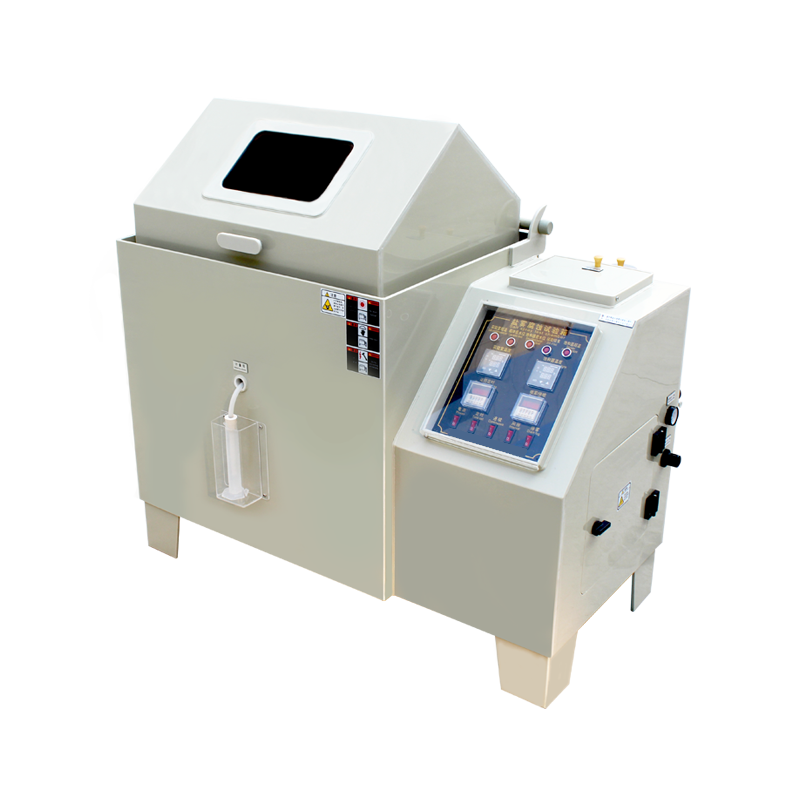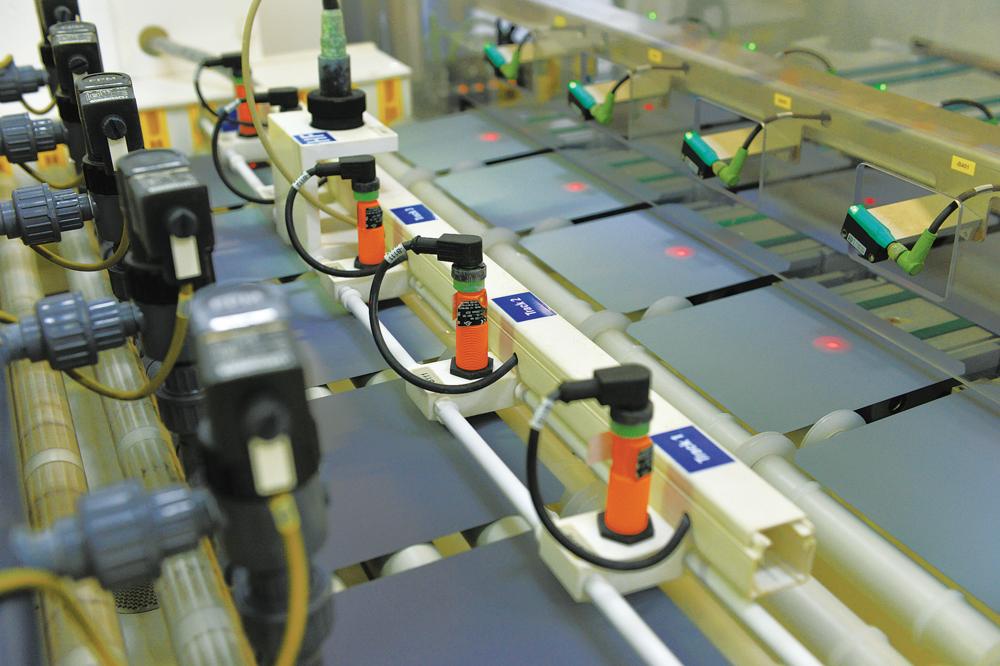In the field of material corrosion and protection research, salt spray test chambers are widely used to evaluate the corrosion resistance of materials. Among them, NSS, AASS, and CASS are three common salt spray test methods. Below, we explain their differences and respective applications.
1. What is a Salt Spray Test Chamber?
A salt spray test chamber is a device that simulates corrosive environments by spraying or atomizing a saturated saline solution to rapidly assess a material’s corrosion resistance in salt-laden atmospheres. This test is crucial for evaluating the durability of metals, coatings, and other materials.
2. Introduction to NSS, AASS, and CASS
(1) NSS (Neutral Salt Spray Test)
- Definition: NSS stands for "Neutral Salt Spray." The test uses a sodium chloride (NaCl) solution with a pH maintained between 6.5–7.2, ensuring a neutral environment.
- Application: Primarily used to assess the corrosion resistance of coatings and materials in general environments, making it suitable for less extreme conditions.
- Features: A relatively mild test, often adopted as a standard (e.g., ASTM B117).

(2) AASS (Acetic Acid Salt Spray Test)
- Definition: AASS refers to "Acetic Acid Salt Spray," where the saline solution includes acetic acid to create an acidic environment (pH 3.1–3.3).
- Application: Designed for materials requiring higher corrosion resistance, such as automotive and marine applications, providing a more aggressive test than NSS.
- Features: The acidic conditions accelerate corrosion, better simulating harsh environments.
(3) CASS (Copper-Accelerated Salt Spray Test)
- Definition: CASS means "Copper-Accelerated Salt Spray." It enhances the NSS test by introducing copper ions (CuCl₂), lowering the pH to 3.0–3.1 for faster corrosion.
- Application: Used for extreme corrosion scenarios, such as marine or chemical industries, where materials face highly aggressive conditions.
- Features: The presence of copper ions drastically speeds up corrosion, offering the most severe test conditions among the three.
3. Selecting the Right Salt Spray Test Method
Choosing the appropriate test depends on factors like:
- Material’s operating environment
- Expected service life
- Industry standards
Examples:
- Motorcycle coatings: NSS may suffice for outdoor corrosion resistance assessment.
- Marine engineering materials: AASS or CASS is preferable to ensure reliability in high-salinity, high-humidity settings.
Conclusion
Salt spray test chambers are essential for corrosion testing, with NSS, AASS, and CASS offering different levels of environmental simulation. Understanding their distinctions ensures the right method is chosen based on material requirements and industry standards.
We hope this guide clarifies the differences between NSS, AASS, and CASS, aiding in better material selection and performance validation. For further inquiries or equipment needs, feel free to contact our expert team.













